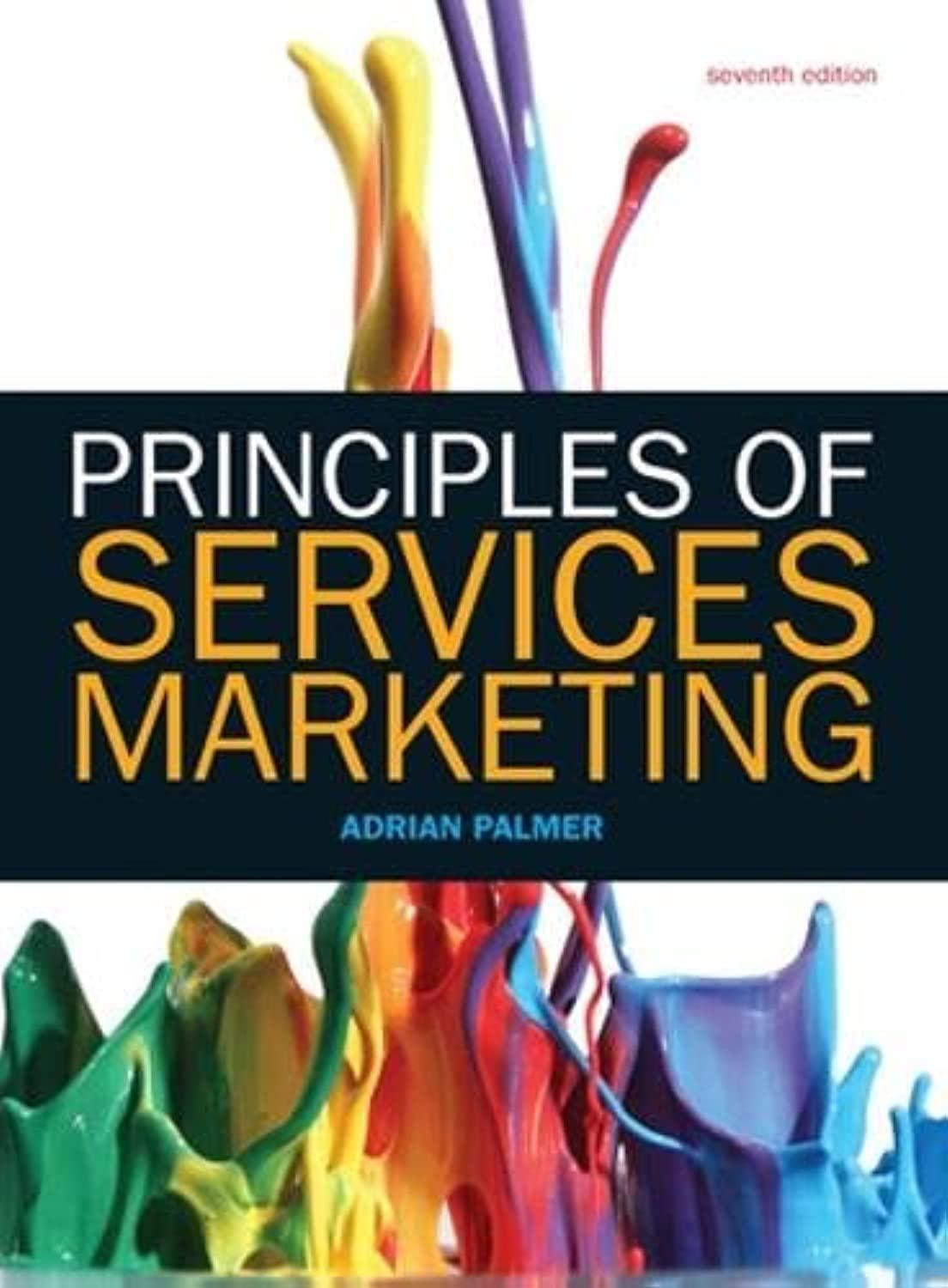What happens when a companys customers want access to its services 24 hours a day, and they
Question:
What happens when a company’s customers want access to its services 24 hours a day, and they want immediate availability, not a promise of availability tomorrow or sometime in the future? One consequence is often stress at work for those who are charged with responding to the promises companies must make if they are to stay alive in a competitive business environment.
The perishability and inseparability of services have put many service sectors such as catering and retailing at the forefront of discussion about the 24/7 society. The 24/7 culture has had a big impact on service employees’ lifestyles, with many individuals having to adjust to varying and often unsocial shift patterns. Employees often have to accept that Saturdays and Sundays are part of their normal working week, and this trend is set to continue. A Future Foundation report, published in 2006, indicated that, by 2020, over 13 million people in the UK will be operating in an out-of-hours economy (outside the traditional Monday-to-Friday hours of 9 a.m. to 6 p.m.), compared with the 7 million who did so in 2003.
While flexibility serves the interests of those who can afford to enjoy the benefits of the 24/7 society, the supporting workforce may see little reward for the unsociable hours they put in. Managers and supervisors, under pressure to meet targets and boost sales, are also hard-hit, often working extended hours as unpaid overtime. It is not just the highly visible retail sector where staff are expected to be flexible — many backroom jobs in other service sectors have become more stressful. The entertainment sector, for example, increasingly employs casual contract workers to meet its needs. The BBC has struggled to compete against satellite and cable television services, all intent on meeting viewers’ demand for entertainment 24/7. It now employs a large number of freelancers, who give it greater flexibility at lower cost........
Case study review questions
1. What factors should influence the extent to which services organizations aim to satisfy customers’ desire for 24/7 access to services?
2. Critically assess methods that services organizations can use to reduce the harmful effects, and promote the beneficial effects, of 24/7 service provision for their employees.
3. 24/7 access to services has been accused of leading to a wide range of social problems, including employee stress and damage to family life. Critically evaluate these effects and the extent to which you consider the services sector to be a contributor to these alleged problems.
Step by Step Answer:






